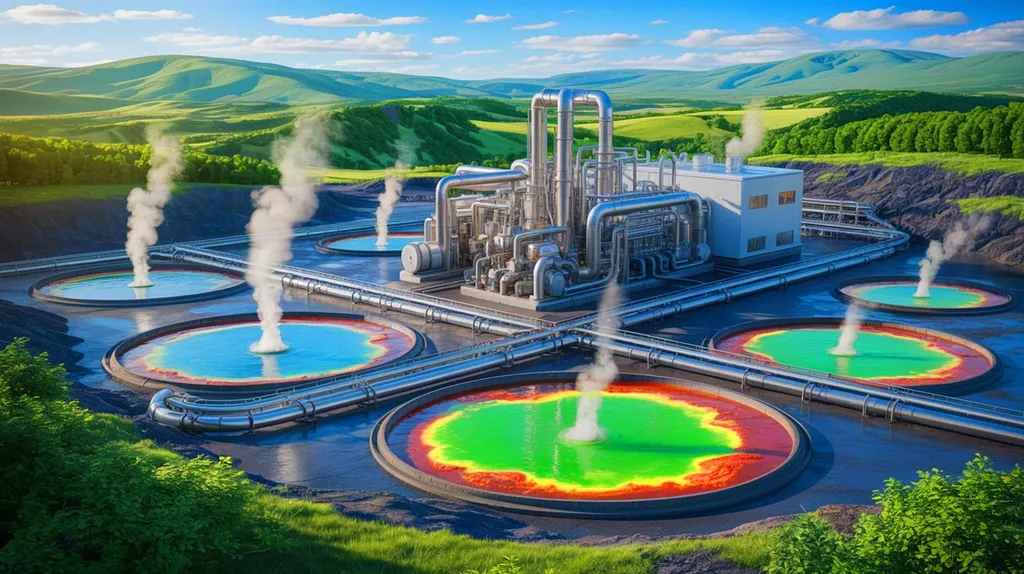In a significant stride towards enhancing energy storage technologies, researchers have developed a novel approach to improve rechargeable lithium-chlorine batteries, potentially revolutionizing the energy sector. The study, published in the journal *Advanced Materials* (translated from ‘Advanced Science’), introduces a high-performance battery design that addresses critical challenges in energy density and cycle life.
The research, led by Zhuo Yang from the Soochow Institute for Energy and Materials Innovation (SIEMIS) at Soochow University in China, focuses on the development of an Al2O3-skinned heterostructured starburst porous graphene with conformal metasurfaces (Al2O3@rGO). This innovative material is crafted through a unique process involving hierarchical porous starburst graphene arranged in a layered structure, followed by fluidized bed atomic layer deposition (FBALD) of Al2O3 groups.
One of the primary challenges in rechargeable alkali metal-chlorine batteries is the weak binding affinity of cathode materials for chlorine gas (Cl2), which leads to sluggish redox reactions and reduced cycle life. The Al2O3@rGO material developed by Yang and his team offers a solution to this problem. “Our material features superhydrophilicity, effective adsorption, and fast kinetics from a stable dynamic respiratory interface,” explains Yang. “This results in high electrical and thermal conductivity anisotropy, intelligent thermal management, and safe operation over a wide temperature range.”
The practical implications of this research are substantial. The Li-Cl2@Al2O3@rGO battery achieves an ultrahigh discharge specific capacity of 5000 mAh g−1 at approximately 100% Coulombic efficiency (CE). Moreover, it delivers stable cycling over 200 cycles with 2000 mAh g−1 at an average CE of 99.8%, even under low-temperature conditions of -40°C. These advancements could significantly impact the energy sector by providing a more efficient and reliable energy storage solution.
The scalable heterostructure approach offers a sustainable perspective for the development of functionalized metamaterials and metasurfaces, paving the way for next-generation safe and energy-dense batteries. This research not only addresses current challenges in battery technology but also opens up new avenues for broader applications in the energy sector.
As the demand for high-energy-density batteries continues to grow, innovations like the Al2O3@rGO material are crucial for meeting future energy needs. The work of Zhuo Yang and his team at SIEMIS represents a significant step forward in the quest for more efficient and reliable energy storage solutions, potentially shaping the future of the energy sector.

